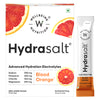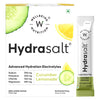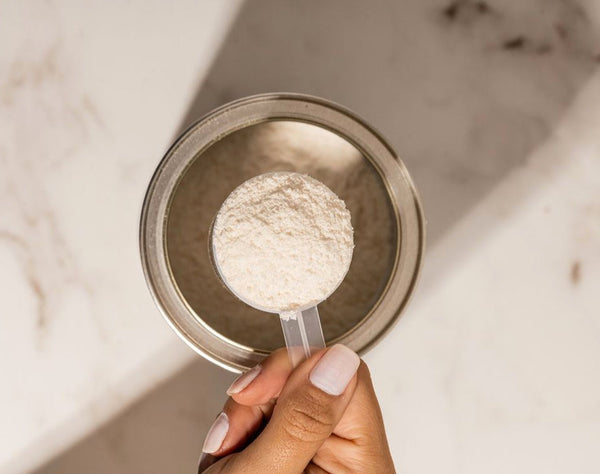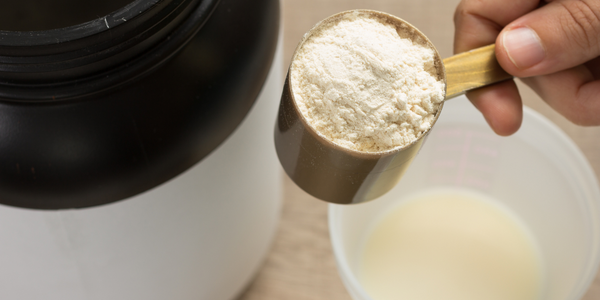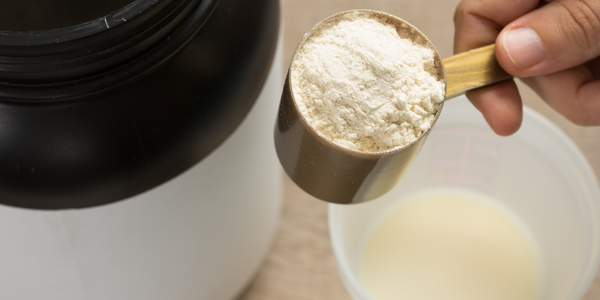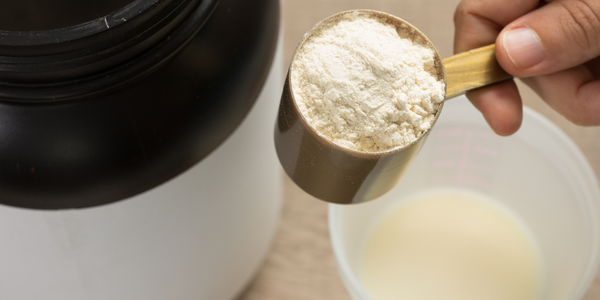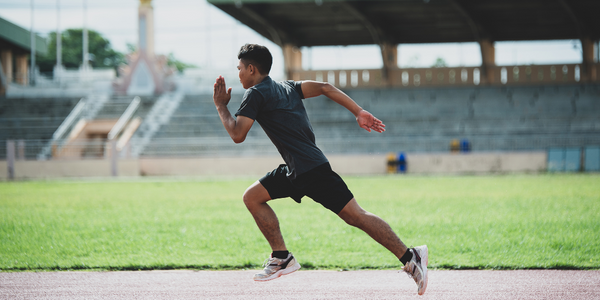When striving for peak physical performance, athletes often focus on training regimens, nutrition, and recovery strategies. However, one critical component that is often overlooked is the role of electrolytes. These essential minerals, such as sodium, potassium, magnesium, and calcium, are vital for numerous bodily functions, including hydration, muscle contractions, and nerve signaling. Electrolytes are key in fueling endurance, boosting stamina, and ensuring optimal performance, particularly during intense physical activity. Maintaining the right balance of electrolytes is crucial, as depletion can quickly impair performance, leaving you feeling fatigued and slow to recover.
What Are Electrolytes and Why Are They Important?
Electrolytes are minerals that carry an electric charge when dissolved in bodily fluids. They are essential for many physiological functions, including:
-
Sodium: Regulates fluid balance and is critical for muscle contractions and nerve function.
-
Potassium: Supports heart function and helps maintain proper muscle contractions.
-
Magnesium: Essential for muscle recovery, nerve transmission, and energy production.
-
Calcium: Vital for bone health, muscle function, and nerve signaling.
-
Chloride: Works with sodium to maintain fluid balance and supports digestion.
Even minor imbalances in these electrolytes can significantly impact physical performance and overall well-being.
Functions of Electrolytes in the Body
Maintaining Fluid Balance
Electrolytes, particularly sodium and potassium, are key players in maintaining the body’s fluid balance by regulating the movement of water into and out of cells. This balance is essential for nutrient transport, ensuring that vital nutrients reach muscles and organs efficiently. Proper hydration also helps regulate temperature, preventing overheating during physical activity, and provides joint lubrication, reducing friction and the risk of injury. Without sufficient electrolytes, the body struggles to retain fluid, leading to dehydration and compromised performance. A study published highlights the importance of sodium in fluid retention and its role in preventing dehydration during prolonged physical activity (NIH).
Supporting Nerve Function
Electrolytes, especially sodium, potassium, and calcium, are crucial for transmitting nerve impulses throughout the body. These electrical signals allow nerves to communicate with muscles, enabling contraction and movement. When electrolyte levels are imbalanced, this communication is disrupted, leading to muscle weakness, cramps, or even spasms. Research has also shown that electrolyte imbalances significantly contribute to increased morbidity and mortality following neurologic injuries (NIH).
Stabilizing Blood Pressure and pH Levels
Electrolytes are vital in regulating blood pressure by controlling fluid volume in the body and ensuring proper blood vessel function. They help maintain an optimal balance of fluids inside and outside cells, crucial for effective blood circulation. Additionally, electrolytes are essential for maintaining the body’s acid-base balance (pH), ensuring that blood remains slightly alkaline. This balance is necessary for proper enzyme function, muscle performance, and metabolic processes. A study demonstrated a direct correlation between sodium and potassium intake and blood pressure levels, emphasizing the significance of these electrolytes in cardiovascular health (NIH).
Reasons Why Athletes Need More Electrolytes
During intense exercise, athletes lose significant amounts of electrolytes, particularly sodium and potassium, through sweat. If these are not replenished, dehydration, muscle cramps, and decreased performance can occur. A study published in the Journal of the International Society of Sports Nutrition found that pre-exercise hydration plans tailored to an athlete's sweat rate and sodium loss improved anaerobic performance and heart rate recovery during training sessions (NIH). This underscores the importance of individualized electrolyte replenishment strategies for optimal performance. Further research also found that pre-exercise electrolyte ingestion improved fluid balance and endurance in athletes (NIH).
Sweating during intense exercise leads to the loss of key electrolytes like sodium, potassium, and magnesium. This can cause dehydration, muscle cramps, early fatigue, and a drop in performance. Research from the Journal of the International Society of Sports Nutrition shows that replenishing electrolytes based on personal sweat loss can improve heart rate recovery and boost exercise output (NIH).
When electrolyte levels fall out of balance, your body often sends signals—some subtle, others more pronounced. You might experience muscle cramps or spasms, lingering fatigue, dizziness, or, in more severe cases, an irregular heartbeat. These symptoms occur because electrolytes regulate fluid balance, nerve signals, and muscle contractions. Even a minor disruption can affect how efficiently your body functions, making it important to stay ahead of imbalances, especially during exercise, hot weather, or illness.
Tips to Maintain Electrolyte Balance
Here are a few simple yet effective tips to stay hydrated and support electrolyte balance:
-
Hydrate Smartly: Don’t rely on plain water alone. During and after workouts or periods of heavy sweating, opt for electrolyte-infused beverages to replenish lost minerals and speed up recovery.
-
Eat a Balanced Diet: Include naturally electrolyte-rich foods in your daily meals. Bananas, avocados, spinach, dairy products, coconut water, and nuts all provide essential minerals like potassium, magnesium, calcium, and sodium.
-
Monitor Sweat Loss: If you're engaging in intense exercise or spending time in hot, humid conditions, pay attention to your sweat rate. The more you sweat, the more electrolytes you lose, so be proactive about replacing them.
-
Use Smart Supplements: When food and hydration aren't enough, a high-quality supplement can offer quick, effective support. Wellbeing Nutrition’s Hydrasalt is a sugar-free isotonic powder mix designed for fast, clean hydration. It provides a targeted blend of electrolytes to fuel performance, enhance recovery, and support overall wellness.
Conclusion
Electrolytes are essential for hydration, muscle function, and overall performance. Even slight imbalances can lead to fatigue, cramps, and slower recovery. By staying hydrated with electrolyte-rich fluids, eating a balanced diet, and using smart supplements like Wellbeing Nutrition’s Hydrasalt when needed, you can support endurance, boost recovery, and feel your best every day.








